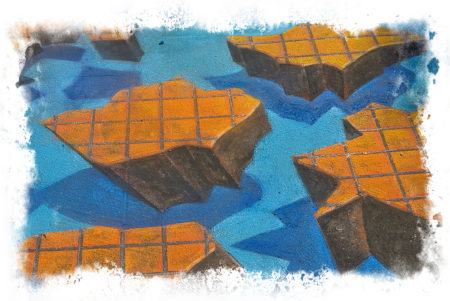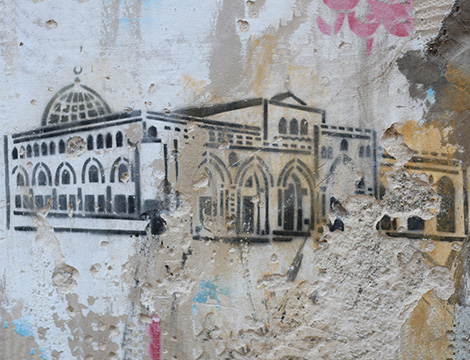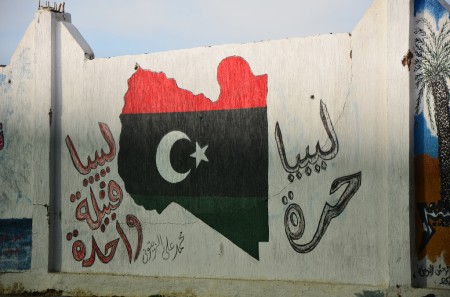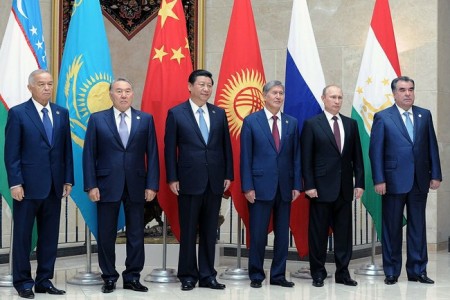
This article was originally published by Pacific Forum CSIS on 6 December 2016.
The Regional Security Outlook 2017, prepared by the Council for Security Cooperation in the Asia-Pacific (CSCAP) and available at www.cscap.org, conveys an unmistakable sense of despondency. The Outlook includes a cluster of assessments by regional analysts of the security picture across the region as a whole and two smaller clusters focusing on what CSCAP deems the most acute challenges to stability and order in the region – North Korea’s nuclear weapon program and the dispute in the South China Sea.
The RSO 2017 contends that both principal actors – the US and China – believe themselves to be too wise and wily to stumble into a replay of the Sparta-Athens drama of 2,500 years ago but now stand exposed as capable of exactly that. Geopolitical contest, so stoutly denied over a number of years, intensified markedly, and was at last more openly acknowledged. We can, and should, take some reassurance from the fact that the tilt in the balance of power and influence in Asia is likely to be neither quick nor decisive. Although the drift of the US-China relationship toward difficulty and coolness inescapably heightens the risk of inadvertent incidents, neither side has any interest in conflict.




